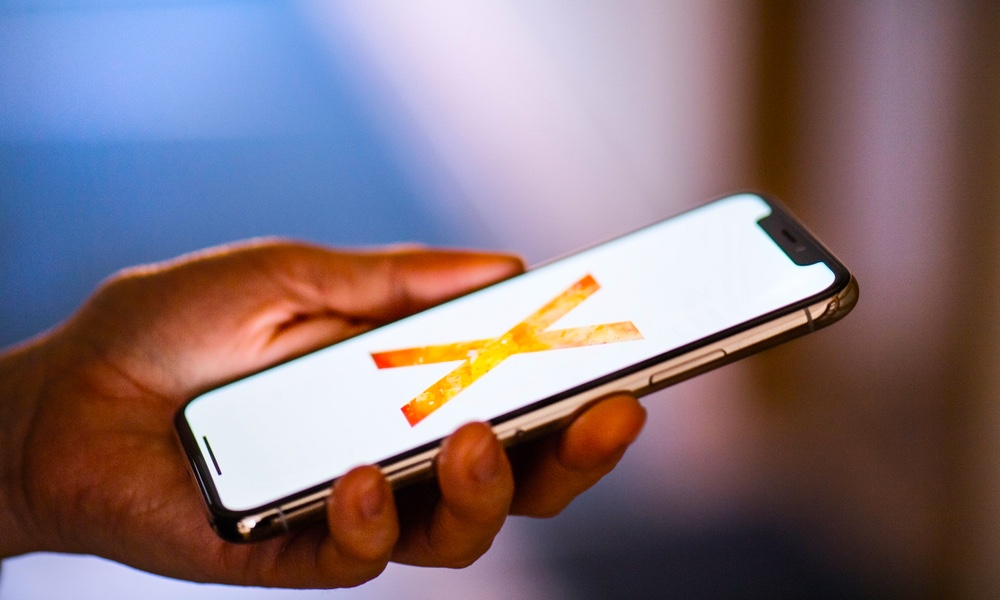Apple Confirms Hidden Reasons for Launching iOS 12.1.2 So Quickly
 Credit: Halfpoint / Shutterstock
Credit: Halfpoint / Shutterstock
Toggle Dark Mode
Apple this week released a mysterious and very impromptu software update exclusively for iPhones: iOS version 12.1.2, which notably provides a fix for eSIM activation issues previously reported on the iPhone XR, iPhone XS, and XS Max — as well as a patch for cellular connectivity issues that were reportedly effecting those handsets in Turkey — among other things.
The update also incorporates minor changes meant to directly address two Qualcomm patents, according to Apple’s official release notes translated from Chinese.
These minor changes, as previously planned, were delivered by Apple in direct response to Qualcomm’s case (which resulted in a Chinese court issuing a preliminary injunction on the sale of iPhone devices 6s or newer in the country last week.)
iOS 12.1.2 features iPhone bug fixes including:
- Fixes bugs with eSIM activation for iPhone XR, iPhone XS, and iPhone XS Max
- Addresses an issue that could affect cellular connectivity in Turkey for iPhone XR, iPhone XS, and iPhone XS Max
- Introduces a new animation when force closing apps
- Updates share sheet for setting contact and wallpaper images
As noted by several online publications, including MacRumors, given the nature of Apple’s latest update and how it was sent straight to consumers after spending such a short time in Beta 1, it appears the company may have rushed it simply to address Qualcomm’s patent claims — one of which specifically relates to Apple’s Force Closing app animation on iPhone X.
As opposed to swiping up from the bottom and closing apps by flicking them up off the screen, which is remarkably resemblant of Qualcomm’s patented mechanism, apps now appear to “shrink into themselves” when swiped closed, as you can see in the video.
Sadly, while Apple might’ve hoped its spur-of-the-moment update would settle some of its ongoing disputes with Qualcomm, the modem-maker issued a statement following the release, according to Reuters, in which it accused Apple of continuing “to flout the legal system” — specifically by “violating its injunction” and “releasing misleading statements” to the public.






